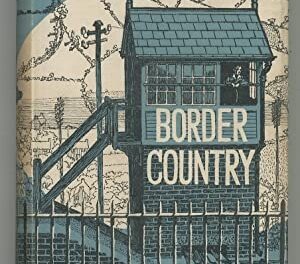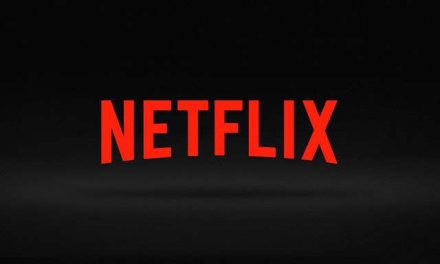Those of you that have been reading CSTonline for a while will know that I have been in the USA for the past 6 years. I was employed (as an American TV scholar) to write a Master’s Programme in TV Studies. In the first 6 months of being there the pandemic hit and I was stuck in the USA for 2 years without a break. Sigh. One thing this period taught me was how to (not) watch American television. Tiger King and Schitt’s Creek aside, I was amazed/horrified at access to over 1,000 channels. Yes, you heard it right, over 1,000. You can imagine how it felt to try to navigate the seemingly bountiful choices.
It didn’t take long to realize that, as most people had warned me, and from my own past experience of American TV, that most of these channels were of no interest to me at all.
In fact, it’s fair to say that I barely watched any network TV while I was there. Endless adverts for drugs (the legal kind) and the biased nature of news programmes meant that I increasingly turned to streaming channels.
I eventually managed to pin down the best (and most unbiased) news – of course it was the public broadcasting service that I turned to for a regular update of anything beyond American shores.
Fast forward to my return to the UK.
Imagine my surprise that it took me over 4 weeks to get a decent TV and to learn to navigate the changes in the British TV landscape.
Since I had not had (legal) access to British TV in over 6 years, I was amazed at how difficult I found it to return to terrestrial TV. And this even though I had yearned for the BBC during my sojourn (exile) in the States.
The main change is how wonderful the iplayer is. The archive of shows on offer is quite overwhelming. How on earth am I going to catch up on 6 years of TV? Plus, the fact that the BBC now drops entire series on the iplayer while they are serialized on the terrestrial channel, you can watch the next episode of Eastenders (guilty, not guilty secret love of mine) at 6am the following morning and, of course, THERE ARE NO ADVERTS.
My current favourite watch is Blue Lights, a Belfast based police drama, the likes of which you would never find on American TV. I love the location shooting, those wonderful Belfast accents (‘Get dine nie’) and I am currently lining up shows that I haven’t been able to access in the US and am, again, totally and utterly beguiled by the quality of the shows available to me for the princely sum of £174.50 per year.
People always complain about the BBC, the cost of the licence fee and the ‘biased nature’ of its news. But, fresh off the American boat, I can attest to the fact that this is, in fact, a very cheap outlay compared to $226.94 per month, which does include internet but does not include the added cost of streaming channels – up to $50 extra per month. Compared to £28.99 per month – plus extra for streaming channels and the cost of the licence fee – I am actually quids in.
I can honestly say that the quality of the BBC is way and above anything on American TV and, while it is obvious that it has learned lessons from quality US TV, I still don’t understand why there is such a problem with people abroad paying for the service.
Related to this, while I was out there, BBC sounds became a paid for service. Fair enough, I don’t mind paying (clearly) for something I listen to a lot (there’s nothing like Guy Garvey on Radio 6 on a Sunday) but, much like BBC America, the service was reduced and I had no access to many of its services. This meant that I had to subscribe to a VPN to listen to BBC radio series, podcasts and the like.
The VPN subscription was not overly expensive but, I wonder why I had to give my money to an independent company rather than the BBC. I would far sooner put my money in their coffers than a commercial company, especially if that money goes towards opening up the BBC Archives, but had little choice.
Whatever, I continue to pile up shows that I have missed. I revel in regional accents, location shooting, good quality drama and total access to everything on BBC Sounds, BBC Radio and goodness knows how many unwatched and archived shows on the iplayer.
My word it’s good to be back.
POSTSCRIPT – I know that there are many licensing problems associated with the international distribution of TV. I know that the reason given is that only British households pay the license fee. But, I still fail to understand why the BBC can’t serve people who have paid their licence fees (we paid ours the whole time we were away) and live abroad.
Kim Akass is managing editor of CSTonline. Her book Mothers on American Television: From Here to Maternity was published by Manchester University Press in 2023.





Good to have you back Kim. Hope you have a *lot* of fun playing catch-up. There’s some lovely things on iPlayer…
All the best
Andrew